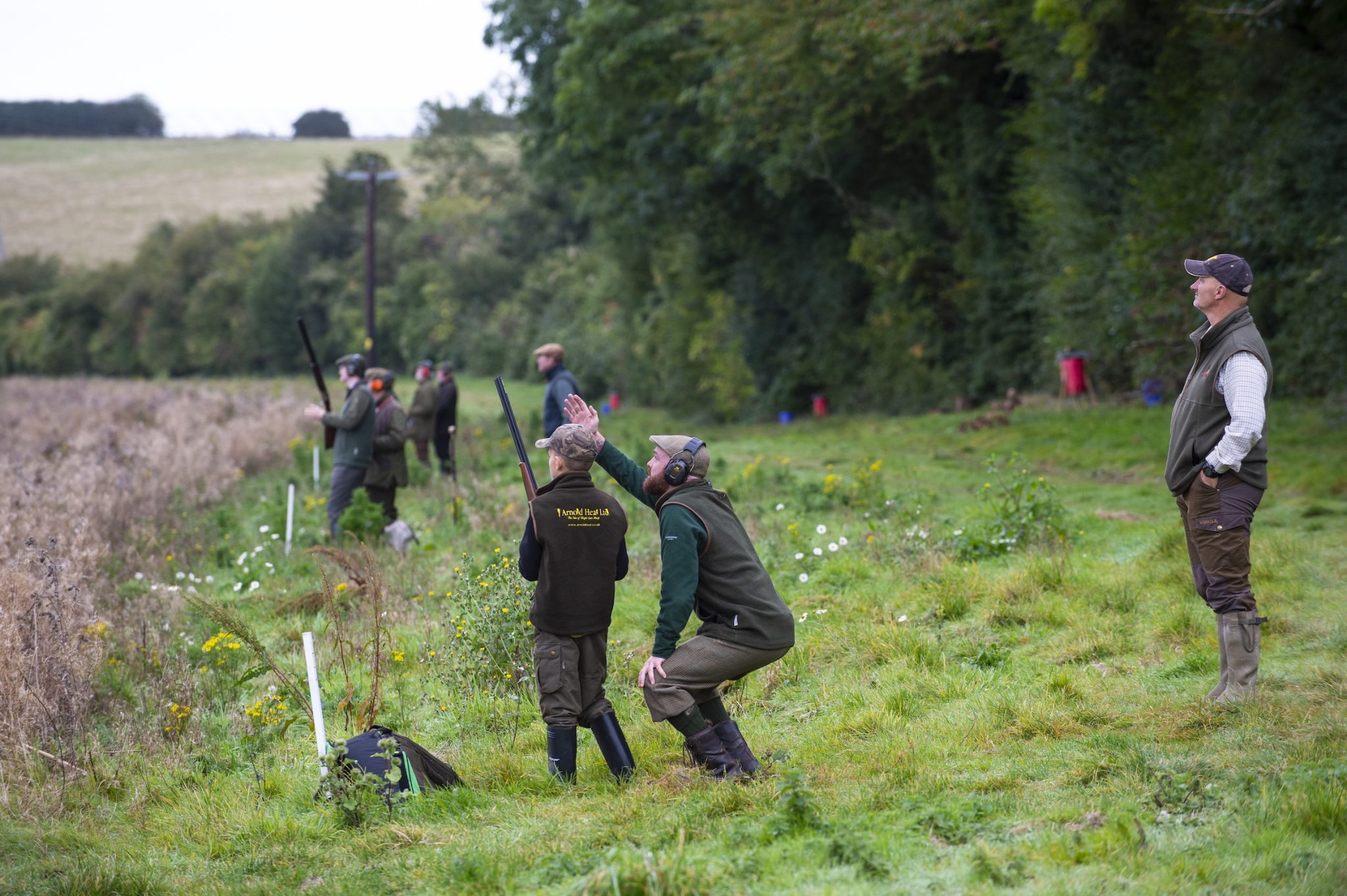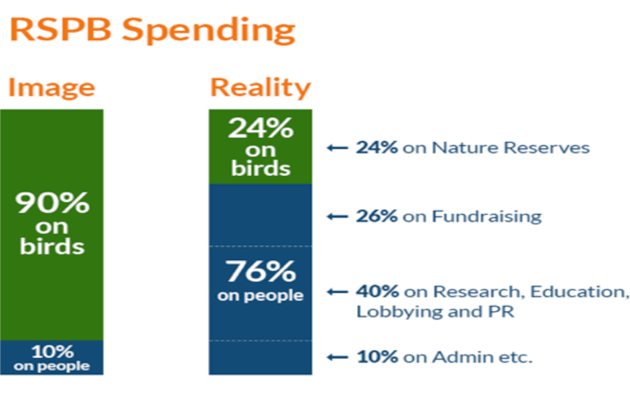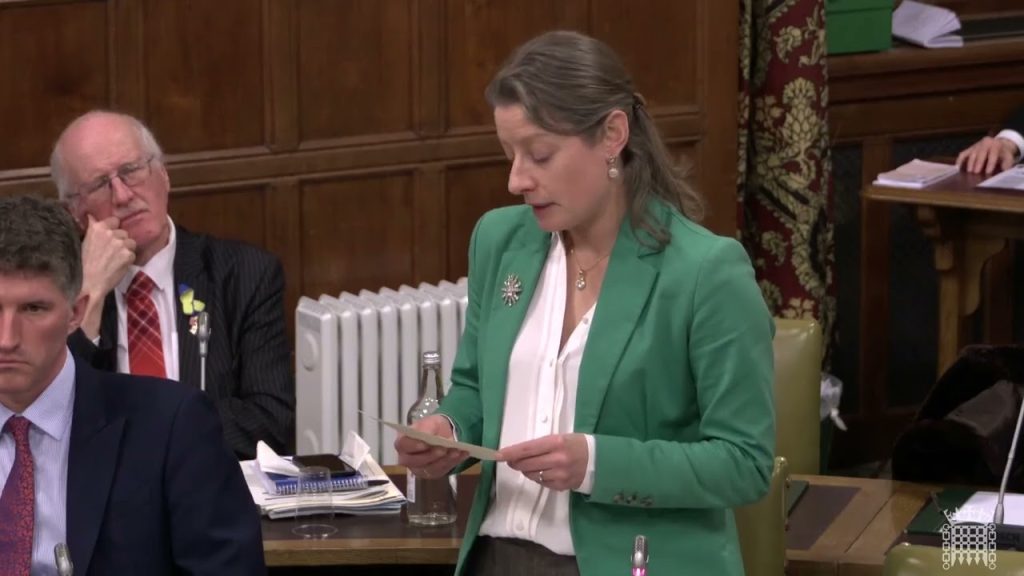The countdown is on for The British Shooting Show – book tickets online today and save on gate price!
The RSPB is misleading donors about spending, claims new campaign
Campaigners, including Sir Ian Botham, have complained to the Charity Commission that the RSPB is misleading donors about how funds are spent
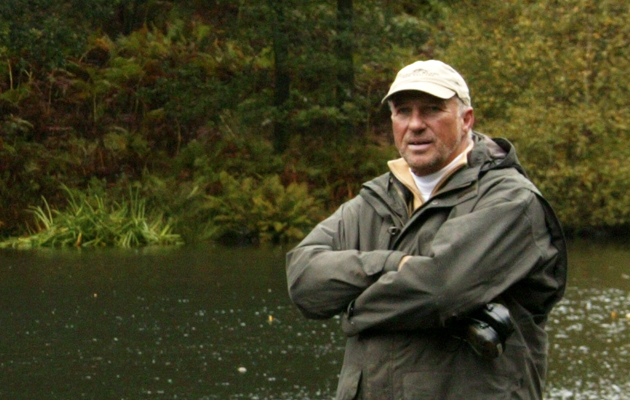 Sir ian Botham watches as Pinot makes a retrieve
Sir ian Botham watches as Pinot makes a retrieve
The RSPB is misleading donors as to how much it spends on conservation and how much on campaigning and fundraising, according to a new campaign group. “You Forgot the Birds” is seeking to give nature lovers an accurate picture of how the RSPB’s donations are spent and has asked the Charity Commission to investigate apparent disparities between the charity’s reported income and its spending. The group believes that it is time for the commission “to be tougher on misleading claims by all charities and to stop the fundraising arms race between them.”
You Forgot the Birds’s advisory board is made up of former England Cricket captain Sir Ian Botham, countryman Sir Johnny Scott and BASC councilor and former Natural England director Martyn Howat. They helped to form the group “to help close the gap between the expectations of donors and what conservation charities do with donations.”
Spending pledge scrutinised
The campaign centres on the RSPB’s pledge that it spends 90 per cent of its income on conservation work, which You Forgot the Birds says does not tally with the charity’s accounts. The accounts show that it spends more on fundraising than on running nature reserves: only 24 per cent of income is spent on reserves, with 26 per cent going towards fundraising, 40 per cent on research, education, political lobbying and PR, and 10 per cent on “other administration”.
Sir Ian Botham, said: “If the RSPB was really committed to its slogan of ‘Giving Nature a Home’ it would spend a lot more than 24 per cent of its income on running nature reserves. It’s a massive bureaucracy where donations are spent on homes for office workers not homes for birds. Birds don’t need hundreds of campaigners and lobbyists in suits – they need people with spades building habitat.”
Martyn Howat said: “While parts of the RSPB do much good, overall it has become the ‘great vampire squid’ of the charity world, hoovering up conservation funds on the premise that it’s going into creating homes for birds.”
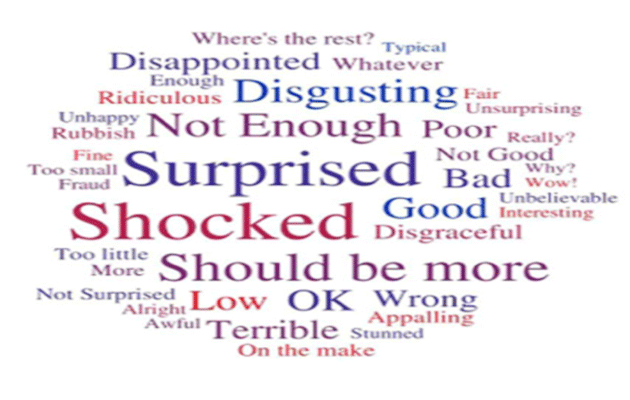
RSPB donors were asked for their views on the breakdown of RSPB spending in an online poll. Their responses are shown here. Source: TNS online poll of 1,018 people. Fieldwork, 12-16 September 2014.
The campaign also quotes Dominic Mitchell, editor of Birdwatch magazine, writing in the magazine’s October edition. Though Mr Mitchell made it clear via Twitter that he has nothing against the charity itself, he described the RSPB’s latest £6m TV advertising campaign as “cringeworthy”, and asked “how much more could have been achieved by investing those same millions directly into front-line conservation?” adding that: “£6.2m would restore significant amounts of habitat and buy major tracts of land for UK reserves.”
Ian Gregory, You Forgot the Birds campaign director: “Within a few hours of launching this campaign I have had one landowner contacting me by the website to say that the RSPB was ‘a juggernaut with disproportionate say over countryside policy”. This man, who is a life fellow of the RSPB, said that he was perpetually worried about being ‘on the wrong end’ of the RSPB’s enforcement teams.”
RSPB response
The RSPB’s media machine quickly responded to You Forgot the Birds challenge, which was launched days before its annual general meeting on 25 October.
RSPB spokesman Grahame Madge called the campaign “a thinly veiled attack by the shooting fraternity because they don’t like the strong position we are adopting on field sports”. Mr Madge said: “It’s ridiculous to suggest that the only money we spend on conservation is what we spend conserving our land. We spend a lot more coming at it from other angles, for example trying to influence the management of farmland and working on climate change issues.”
In his blog on the organisation’s website, RSPB conservation director Martin Harper dismissed the allegations of wasting donors’ money, writing: “we’ve never believed that our nature reserves – brilliant as they are – will ever be sufficient to save threatened wildlife on their own. How can they be when they only cover 0.6% of the UK surface area? You we can’t save nature by putting a fence around reserves and hoping the remaining 99.4% will take care of itself.”
You Forgot the Birds is planning more releases raising questions about the RSPB’s conduct over the next few days.
Related Articles
Get the latest news delivered direct to your door
Subscribe to Shooting Times & Country
Discover the ultimate companion for field sports enthusiasts with Shooting Times & Country Magazine, the UK’s leading weekly publication that has been at the forefront of shooting culture since 1882. Subscribers gain access to expert tips, comprehensive gear reviews, seasonal advice and a vibrant community of like-minded shooters.
Save on shop price when you subscribe with weekly issues featuring in-depth articles on gundog training, exclusive member offers and access to the digital back issue library. A Shooting Times & Country subscription is more than a magazine, don’t just read about the countryside; immerse yourself in its most authoritative and engaging publication.



